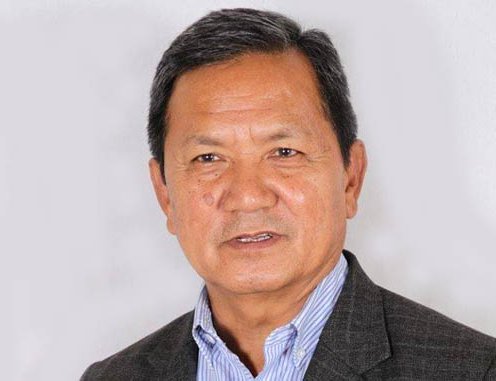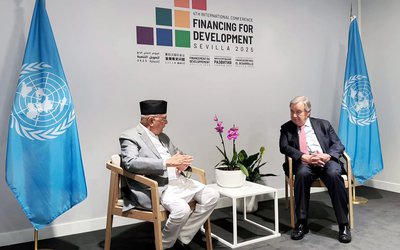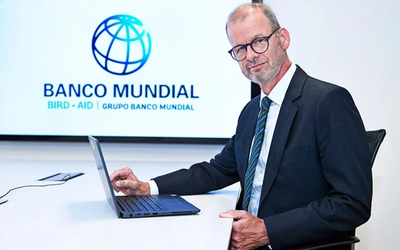
The first and foremost important step taken by the chief minister of province 4 Prithvi Subba Gurung was his demand for forty percent share in the income generated from tourism. In his first press meet, chief minister Gurung said that he would seek support from the center.
Lawmaker Binod KC, who got elected to the provincial assembly from Myagdi, too, said that center should share the tourism budget as province 4 contributes more than fifty percent.
Similarly, Tek Bahadur Gharti, who got elected to the provincial assembly from Baglung, said that all our efforts should be directed to make our province prosperous. “We will take all necessary steps to convince the center that our province needs more budgets.”
Krishna Thapa, another lawmaker elected from Baglung, is having a hard time finding a flat. "I have urged all my friends to help me find a flat on rent but have not found one yet," said Thapa.
Speaking at the assembly, lawmakers are more concerned about the lack of resources in province 4.
“Employees deployed by the central government have not reported to the province yet. Severe lack of human resources has crippled administrative works for long,” said Gurung.
Experts argue that in Nepal’s federal structure, power has been divided between three tiers of government, each of which has autonomy to raise and spend revenue. However, the legislative and regulatory framework for the assignment of revenue was not put in place prior to local government elections, resulting now in a confusing paralysis of claims and counterclaims emanating from old and emergent power centers. Consequently, continued progress in successful implementation of the federal provisions of the 2015 Constitution is in jeopardy.
According to experts, when viewed in the context of the Nepal’s total income, reducing local government’s share of the revenue generated from tourism and hydropower may seem insignificant.
The study showed that in the 2016-2017 fiscal year, royalties from mining, hydropower, and forestry accounted for only approximately NPR 2.5 billion — or less than 0.5 percent — of central revenue collections. In the grand scheme of things, whether local bodies take 5 percent or 50 percent of these royalties may not prove to be significant for local budgets, which can be subsidized by central grants. What is more significant is the way in which a move to reduce local government revenue generating capacity further signifies movement away from decentralization.
Inter-Governmental Financial Management Act, which regulates the distribution of resources between the local, provincial, and national governments, has clear provisions on resource sharing.
The new Constitution envisages local (and provincial) governments as meaningful contributors to and drivers of the local planning process.
Experts hold the view that local governments must be sufficiently resourced and empowered. Decentralization requires newly instituted subnational governments to be given a meaningful degree of decision-making power in order to execute their given responsibilities. This autonomy only comes when local governments are able to raise their own revenue and set their own budgets. However, far from providing increased fiscal authority, these new bills are moving in the opposite direction.
As the central government retains all major revenue sources, such as individual and corporate income taxes, and VAT, provinces and local governments are only assigned a limited number of revenue sources. It will have a long journey for chief minister Gurung to have such
The fact that a considerable share of the financing for provincial and local government budget will come via intergovernmental fiscal transfers is not in and of itself cause for alarm; it does not mean that these subnational governments will lose their independence, per se.
Although political federalism has already begun with the demand from province for more budgets, it will likely to increase in coming days. Chief Minister Gurung’s signal is clear as they cannot tolerate the centralization any more. The question is: How will they cope?

Keshab Poudel
Poudel is the editor of New Spotlight Magazine.
- FOURTH PROFESSOR Y.N. KHANAL LECTURE: Nepal-China Relations
- Jun 23, 2025
- Colonel JP CROSS: Centenary Birthday
- Jun 23, 2025
- REEEP-GREEN: Empowering Communities with MEP
- Jun 16, 2025
- BEEN: Retrofitted For Green
- May 28, 2025
- GGGI has been promoting green growth in Nepal for a decade: Dr. Malle Fofana
- May 21, 2025















